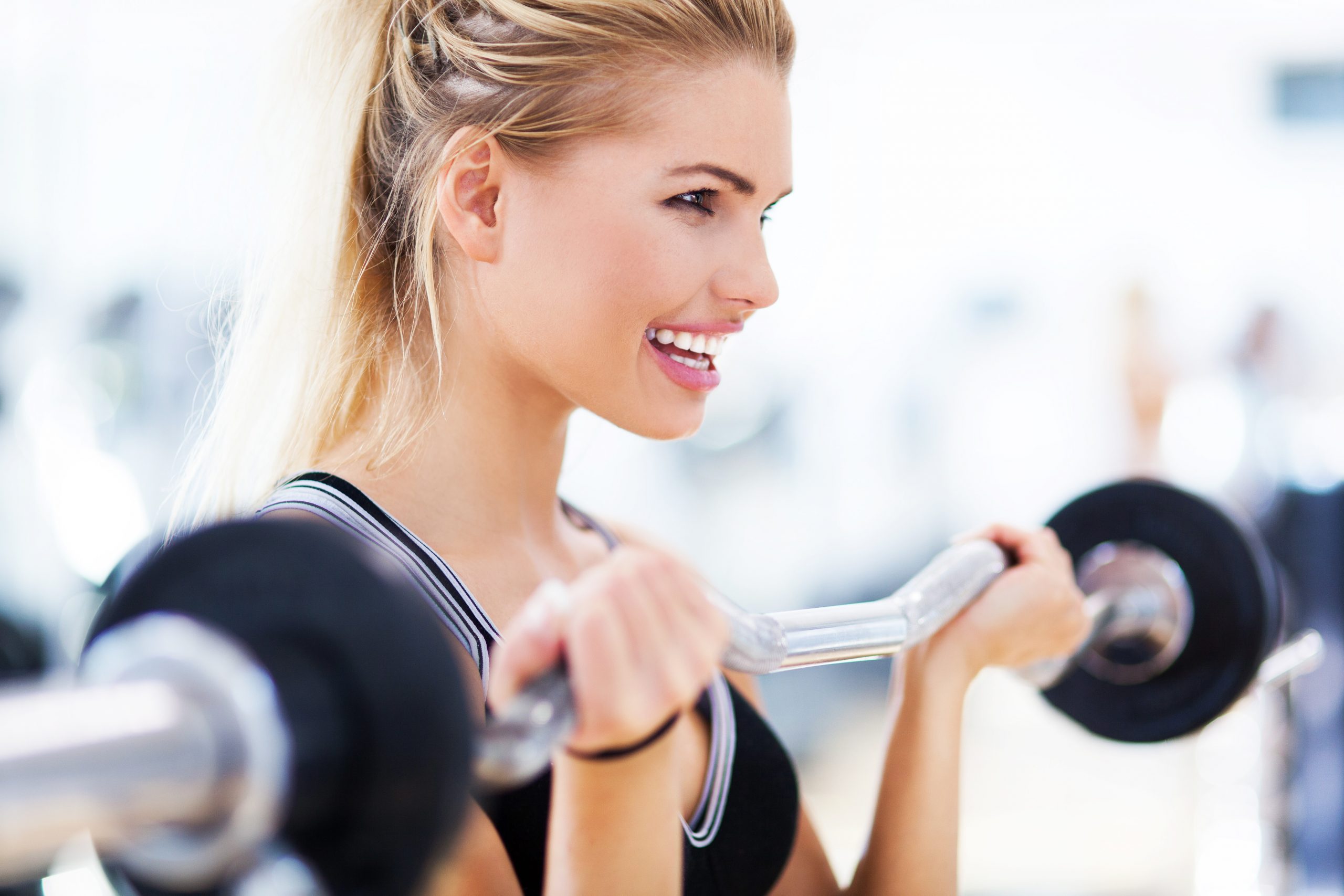Nutrition Tips: Eating Like You’re in the Olympics
August 22, 2016
Eating Healthy, Eating Healthy, Manuka Honey , Health
To be contenders for the Olympics, athletes must be driven and dedicated, spending almost the entirety of four years training for several weeks of competition against the rest of the world’s best. Everything they do is designed to improve performance including their diets, which are customized for their sport’s specific requirements. Admittedly, most of us likely won’t be competing in the Olympics, but at the same, everyone can greatly benefit from empowering their workouts with diets that keep them going strong and healthy for years to come.
For Olympians like swimmer Michael Phelps, gymnast Simone Biles, and runner Usain Bolt, daily workouts are fulltime commitments, with Phelps swimming 50 miles per week, Biles training 32 hours per week, and Bolt three hours on the track with three hours of recovery six days per week.
To get an idea of what their diets look like, here’s a quick rundown: Phelps consumes 12,000 calories a day, eating a pound of pasta at lunch and dinner and two egg sandwiches for breakfast. Biles at 4’8″ eats lean proteins like egg whites, salmon, and chicken with vegetables and also servings of rice for carbohydrate needs as well as bananas and peanut butter, a protein/potassium combo that helps muscle cramps. Bolt, as a runner, eats light throughout the day to prevent interference with training and then eats a large dinner with Jamaican dumplings, yams, fish, etc.
Some nutrition tips athletes training for the Olympics would approve of are as follows for those looking to shape diets for workouts or simply eat healthier:
- Replenish Electrolytes. “Electrolytes are important to keep your body in balance when you’re sweating because that’s when you lose a lot of minerals and natural salts,” says health coach Darragh Dunleavy. Placing a chunk of natural Himalayan salt under the tongue can help replenish minerals. Dunleavy also states natural electrolyte drinks are helpful compared to those with too much sugar or artificial flavors. BANa Water, for instance, is an electrolyte drink that replenishes sodium, made with “filtered water, sea salt, magnesium, and stevia.”
- Stay Hydrated. When sweating heavily, drinking plenty of water does wonders for staying hydrated. Dunleavy suggests Kangen water is even better due to a higher pH than other waters and it allows better oxygen-flow in the bloodstream (important for fast recoveries after intense workouts).
- Choose the Right Proteins. It takes protein to build and feed muscle, which is why choosing the right protein is so important. Dunleavy recommends undenatured whey protein shakes for mornings, whey powder maintaining bonded cysteines (good for the immune system). Smoothies in the morning with fruits like berries as well as nondairy milks like almond or coconut are a few other options. Lentils (helps replenish vitamins and minerals), eggs (loaded with amino acids), or even pastured eggs (wider array of vitamins and minerals) are other options.
- Go “Green”. Green, leafy vegetables in general not only contain vitamin A (important for immune and cellular function), they also help replenish minerals sweated out during intense workouts.
- Choose Whole Grains. Carbohydrates are crucial for high-end athletes, but it’s important to choose healthy varieties. Rather than “white” carbs like white rice and white bread, choose whole wheat. Sweet potatoes instead of white potatoes, and whole grains like steel cut oats, quinoa, amaranth, and buckwheat instead of bleached grains stripped of essential nutrients.
- All the Avocados. Half an avocado with sea salt is good for after hard workouts, according to Dunleavy. A superfood for intense athletes, avocados contain much potassium (healthy fats, magnesium, vitamin K, and good for avoiding muscle cramps).
- Lose Refined Sugars. As a gentle reminder, refined sugars aren’t good for workouts or you. Refined sugars lead to highs and intense lows and don’t provide consistent energy. Dunleavy recommends, for those with sweet teeth, more natural sweeteners like Manuka honey. Choose unprocessed foods to add your own sweetener to instead of foods with added sugars.


.jpg)




